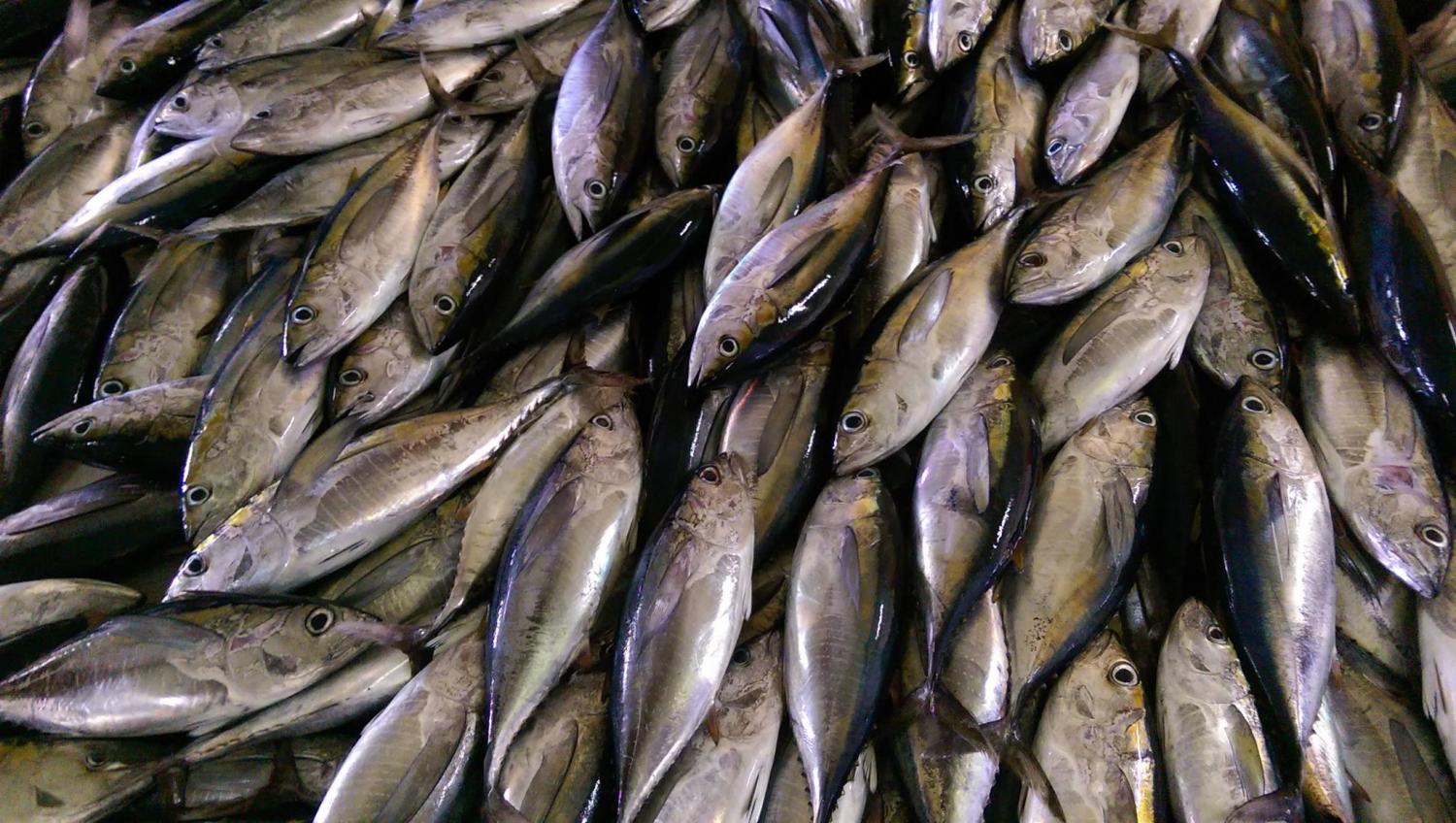
As the world’s population surges to more than 9 billion by 2050 and the middle-class expands in more developing countries, the growing demand for protein will continue to place further strain on the planet’s land and seas. Estimates of what that means are all over the map, but the World Health Organization has suggested that meat production alone could reach 376 million tons by 2030; in the late 1990s, that amount was approximately 218 million tons.
Oddly enough, the global demand for fat, according to Bloomberg, will have an impact on the growth for protein, as eating trends such as the Paleo diet and consumers' eschewing of carbohydrate-laden foods will also increase the production of red meat and dairy products.
The amount of land needed to produce all that meat, dairy, fish and even vegetable-based sources such as soy has lead to increased pollution and, according to some analysts, a “global land grab.”
The world’s oceans and seas have also suffered as fishing has continued at a rapidly unsustainable rate, leading to many environmental challenges and human rights violations. Yet while many citizens in developed countries are consuming more protein than necessary, as many as 2 billion people worldwide may not be getting enough of it, with the results having an adverse affect on their health.
To than end, the United Kingdom-based NGO Forum for the Future recently launched the Protein Challenge 2040, a coalition that aims to bring together the global food industry, environmental groups and health organizations to ensure that both the production and consumption of protein worldwide will shift toward a more sustainable path.
After a year-long series of workshops, interviews and research that took place on both sides of the pond with over 250 experts, a team at Forum for the Future came up with six high-level priorities:
- Increasing the amount of plant-based proteins in diets worldwide is this organization’s biggest challenge -- yet it's the one that can pay the most dividends.
- Developing more sustainable animal feed “innovation,” in order to meet the global demand for animal protein. This is a massive hill to climb, as the global meat industry’s attempts on this front have been feeble at best.
- With as much as 30 percent of food worldwide wasted, researchers say it is critical to map how nutrients are lost across the global protein supply chain and then find ways to tighten what Forum for the Future calls the “nutrient loop.”
- Developing more indigenous plants as forms of protein in local economies, a tall order considering that corn, wheat and rice comprise about half of the world’s consumption of calories. The experience of Bolivian and Peruvian farmers and consumers with quinoa is one example of how shifts in demands for protein can go haywire.
- Scaling-up sustainable aquaculture, which already provides over half the world’s demand for fish eaten worldwide.
- Restoring soil health, which will involve smarter application of fertilizer worldwide while requiring new materials to ensure the world’s farms can continue to grow crops
Considering the complicated nature of food and global politics, Forum for the Future has tackled a tall mountain to climb. But this drumbeat to address the problems for supplying the world with healthful and sustainable protein has attracted more business partners.
Recently the retailing giant Target, candy manufacturer Hershey, the U.K. grocer Waitrose and the meat-alternative manufacturer Quorn have pledged to support this effort. Transforming companies’ supply chains and convincing consumers to change their eating habits will not be easy, but this is the new reality if all countries will be able to feed their people in the coming decades.
Image credit: Leon Kaye

Leon Kaye has written for 3p since 2010 and become executive editor in 2018. His previous work includes writing for the Guardian as well as other online and print publications. In addition, he's worked in sales executive roles within technology and financial research companies, as well as for a public relations firm, for which he consulted with one of the globe’s leading sustainability initiatives. Currently living in Central California, he’s traveled to 70-plus countries and has lived and worked in South Korea, the United Arab Emirates and Uruguay.
Leon’s an alum of Fresno State, the University of Maryland, Baltimore County and the University of Southern California's Marshall Business School. He enjoys traveling abroad as well as exploring California’s Central Coast and the Sierra Nevadas.














